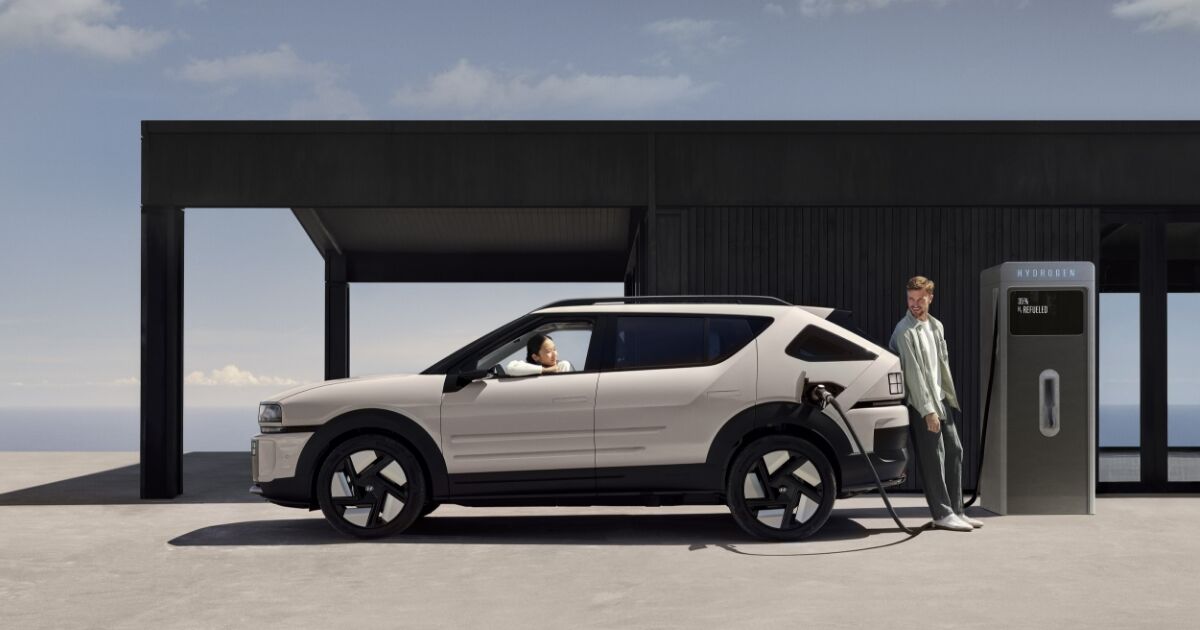Hyundai's Journey to Hydrogen: Pioneering Clean Mobility
Key Ideas
- Hyundai embarked on the hydrogen fuel-cell journey 27 years ago, leading to cutting-edge FCEVs like the Hyundai NEXO, showcasing their commitment to clean mobility.
- Through projects like Mercury and Polaris, Hyundai overcame challenges to independently develop hydrogen fuel cell stacks, achieving a milestone in 2004.
- Despite hurdles like the global financial crisis and industry shifts, Hyundai continued to push boundaries, becoming the first automaker to mass-produce a hydrogen fuel cell vehicle in 2013.
- Hyundai's dedication to hydrogen technology and clean mobility is evident in their continuous efforts to promote FCEVs and improve performance, shaping the future of sustainable transportation.
Hyundai's journey into hydrogen fuel-cell technology began 27 years ago, when futuristic concepts of hydrogen-powered vehicles seemed like a distant dream. Partnering with US company UTC Power, Hyundai launched the ambitious Mercury Project to pioneer clean mobility through hydrogen fuel cell technology. The project led to the development of the first fuel-cell electric vehicle based on the Santa Fe platform in 2000. Subsequently, Hyundai's engineers embarked on the Polaris Project to create independently developed hydrogen fuel cell stacks, achieving success in 2004. These milestones paved the way for Hyundai to mass-produce a hydrogen fuel cell vehicle in 2013, showcasing their commitment to sustainable transportation. Despite challenges like the global financial crisis and industry shifts towards battery electric vehicles, Hyundai's perseverance and belief in hydrogen technology have driven them to continue innovating in the clean mobility sector. Their dedication to promoting FCEVs and enhancing performance reflect a vision for a greener future in the automotive industry.
